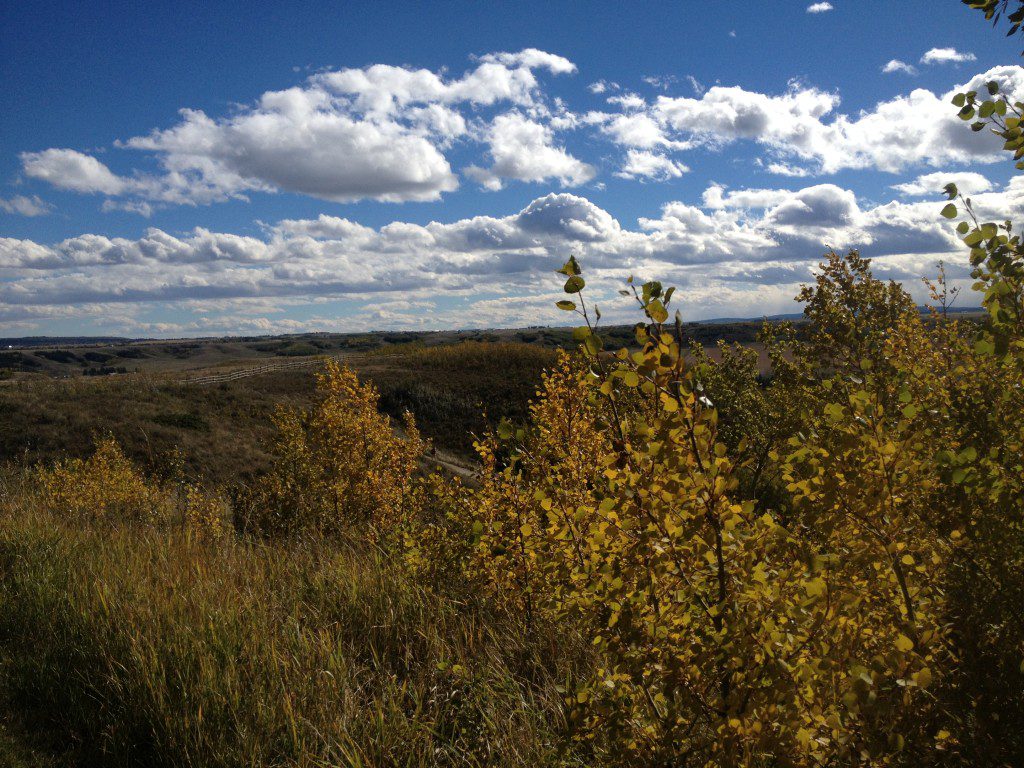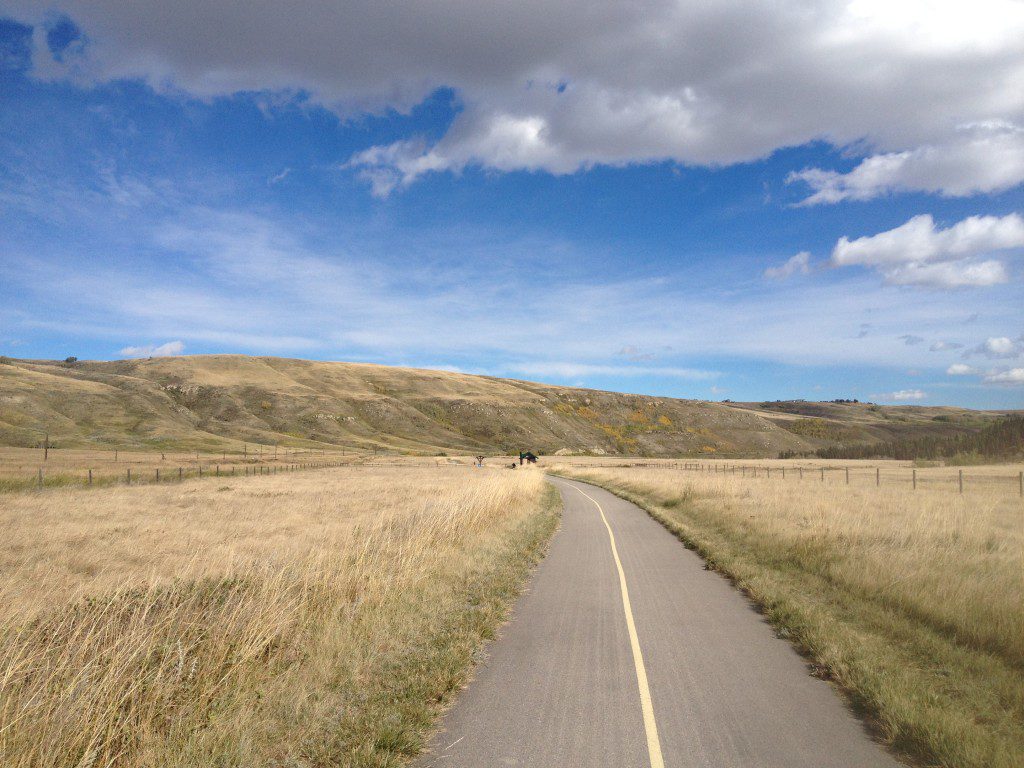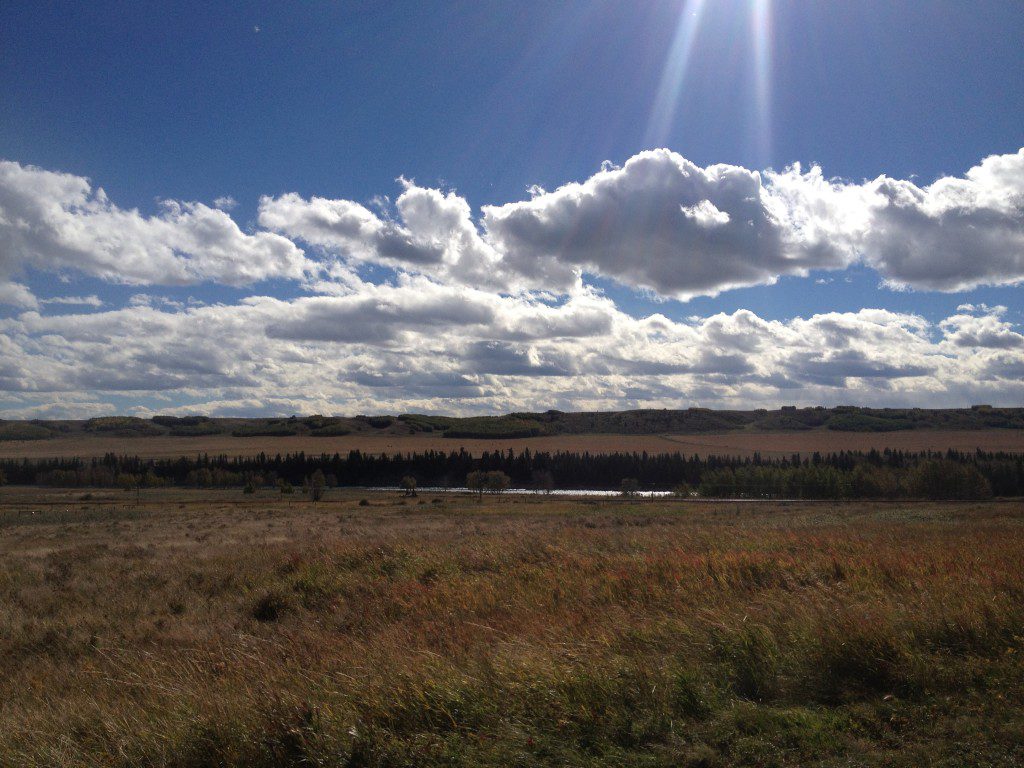Ultrarunning and burnout
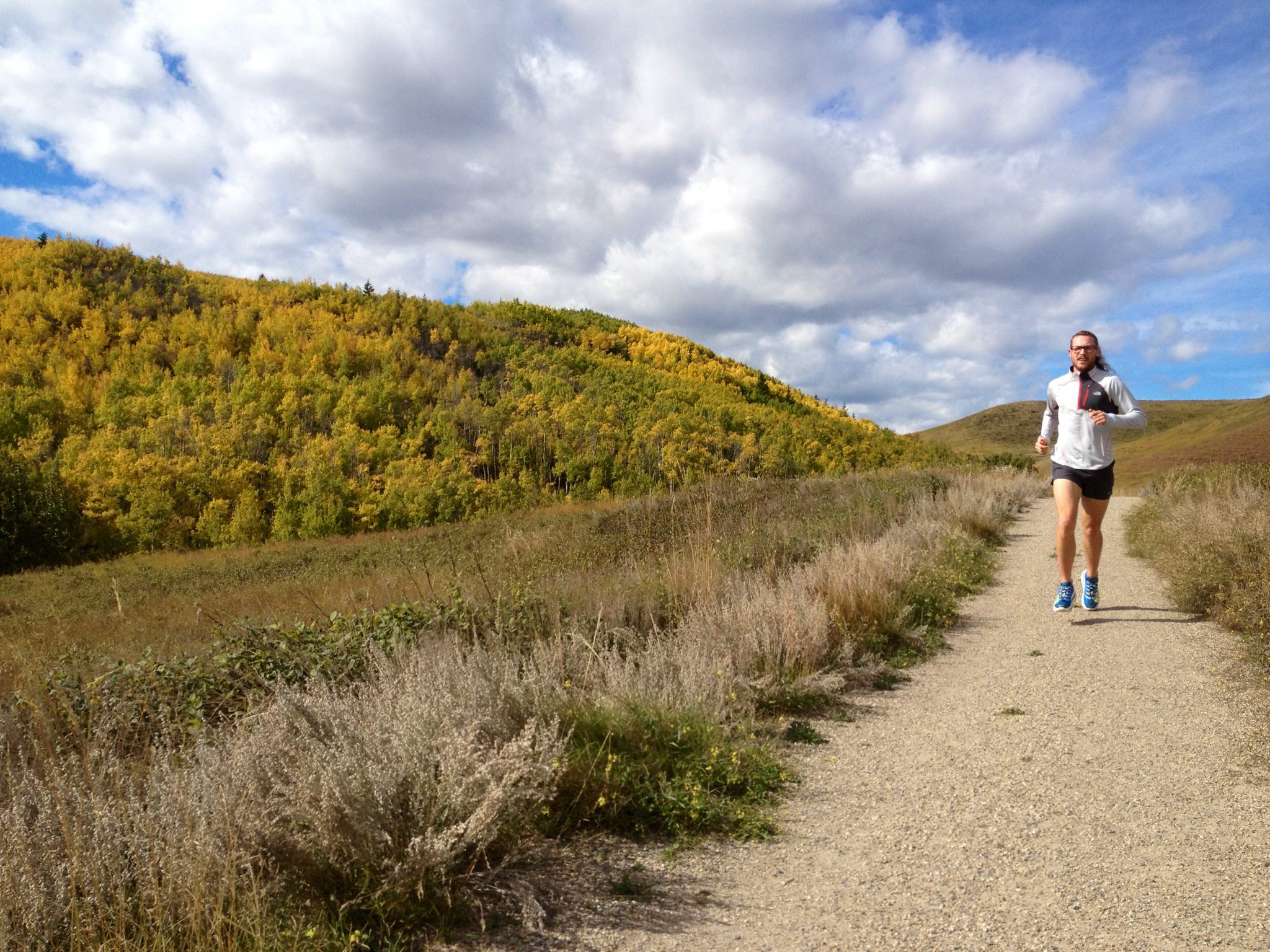
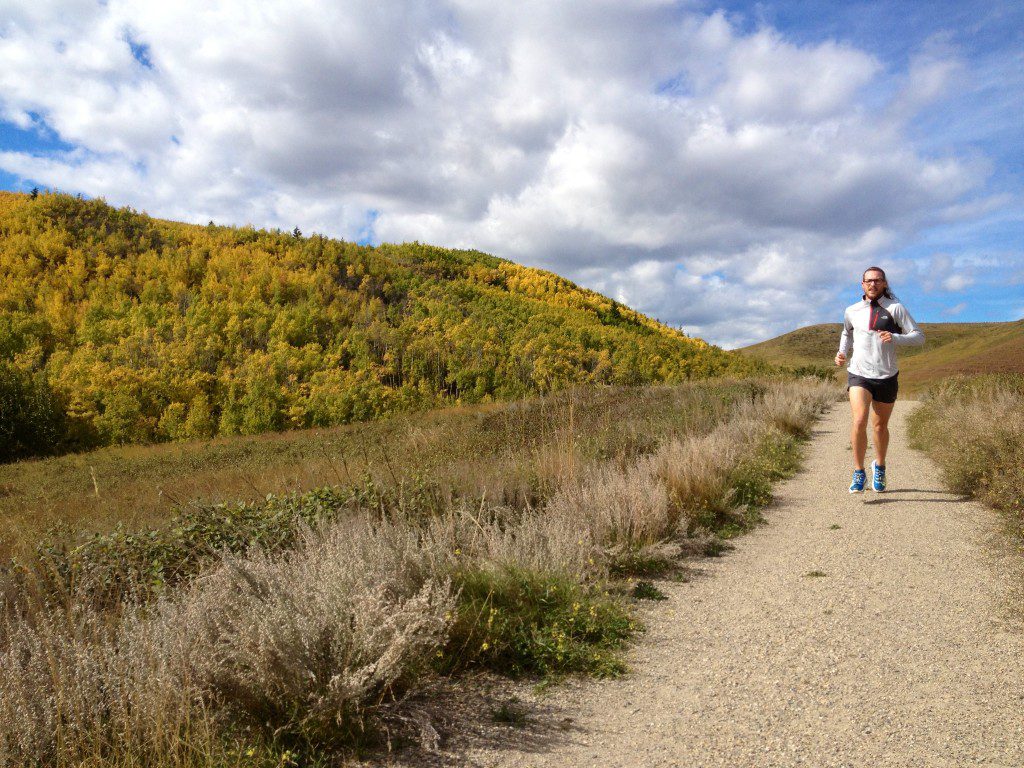 Recently, I read an excellent article on avoiding runner’s burnout by the science writer Owen Anderson. His article explained burnout in terms that no doubt speaks to all runners and other endurance athletes. He outlines three contributing factors for why it is that we burnout as identified by recent scientific research by sport psychologists:
Recently, I read an excellent article on avoiding runner’s burnout by the science writer Owen Anderson. His article explained burnout in terms that no doubt speaks to all runners and other endurance athletes. He outlines three contributing factors for why it is that we burnout as identified by recent scientific research by sport psychologists:
Task vs. ego goals
Mastery vs. the performance climate
A preoccupation with perfectionism
While reading, I started to wonder how all of this could relate to ultrarunning.
As an anthropologist, I have focused my research on ultrarunning. I have observed and participated in ultras across North America in an attempt to make some sense of our mental and physical relationship to this type of running. In this time, you could say that I’ve had a number of ultra-revelations.
We ultrarunners are, fundamentally, runners just like a trackie or a marathoner. We are not immune to or removed from the issues that arise with road and track athletes. But runners who have turned their focus towards ultras have realized the often mind-bending distortion of these more traditional runners’ realities. To venture into ultra and trail running is to further an exploration of the self and the world beyond the confines of track and road racing – both literally into the wilderness and metaphorically into our our minds.
Let me be clear, my aim here isn’t to belittle or downplay the extraordinary mental and physical challenges of the moretraditional types of running. Most ultrarunners would likely agree that a track 1,500m race or road marathon is just as difficult, if not more so, than many an ultra or trail race. But what I have noticed that is different is the ulrarunner’s relationship with the sport, primarily due to our ever-changing surroundings. Heraclituscomes to mind, when he said,“You could not step twice into the same river.” This ever-evolving understanding of the self within an always changing environment sets the stage for a difference in ultrarunning and burnout.
Due to the magnitude of kilometres ultrarunners cover each season, faster psychological burnout and greater physiological depletion are very real dangers. Trail-goers face many of the same pressures that track and road warriors face. As Anderson describes, all runners will challenge themselves with some sort of set of goals.
Whether facing off for 100Kup and down a mountain or 5K through the urban jungle, goals can be divided into two categories for all runners: task goals and ego goals.
Task goals focus on times, distances and other objective standardslike breaking 20:00 for that 5K or finishing the 100K before the race’s cut-off time.
Ego goals focus on self-image and comparison with others. We are all familiar with these moments – getting caught up in beating a training partner in an interval, or running a certain time in a race because it will impress our peers.Sure, ego based goals can bring us to new, unexpected heights, but they are fraught with danger.Focusing on tasks over what the ego demands helps runners stay motivated, perform consistently and seek challenges.
Anderson also suggestsrunnersfocus on mastery of the sport over performance. Working on the specific skills that make us a better runner allows us to see the value in the effort itself, instead of establishing self-worth based on public recognition through competition.
But trying to be the perfect runner is dangerous. Anderson cautions against the drive towards that unattainable ideal of perfection because it can obscure the joy of running and racing in the moment and the bigger reasons why we love to run.
Runners traverse external and internal peaks and valleys during ultras. This grueling process is an excellent method for breaking the ego. As any ultrarunner will know, the extreme pain of a race that lasts several hours and external environmental conditions of the course dictate what weare capable of accomplishing. We discover something out there in the wild that force us to come to terms with our ego and see beyond it. The routes we run become the medium and inspiration. The lines we trace through the wilderness break us down and foster our regrowth – physically, mentally and emotionally.
The courses we run exude a presence that far outweighs that of any competitor. This presence, entwined with the maddening distance we must cover, break down egocentric goals and the performance climate. In this way, ultrarunners are forced to focus on the just task in front of them – the next kilometre, ridge, tree, the edge of the headlamp’s reach – or simply, the next step. The solitary nature of ultrarunning and technical nature of trail running push ultrarunners to pursue the mastery of their art rather than striving to beat one another.
Sure, we are all tempted in by ego driven goals from time to time. With the upward trajectory of ultrarunning participation and increased interest from sponsors, a focus on performance is inescapable. But the growing number of participants of ultramarathons has not detracted from ultrarunning‘s roots – a close-knit family of adventurers submitting to the landscape and emerging with renewed respect and appreciation for the wild and for ourselves. Ultrarunning is at its core a transformative process. It leads to deepened self-awareness and communion with nature. Moving through the landscape fosters inspiration and defrays the pressures to compare and compete, providing endless routes for rejuvenation.
